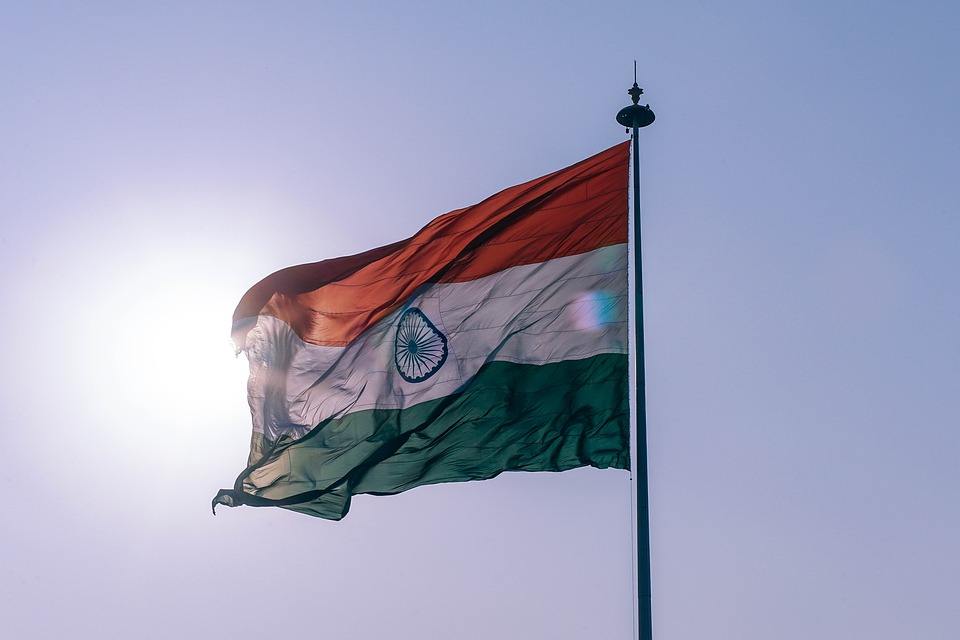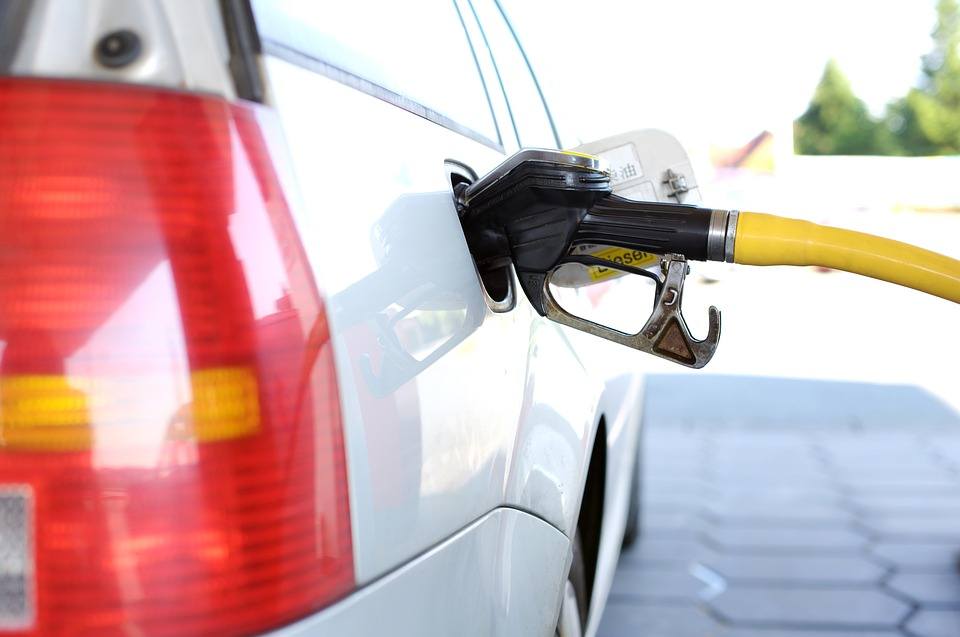Featured
India’s GDP is on the rise but experts still unsure of its economic stability
The slow growth of India’s GDP is largely attributed to the country’s oil crisis and weak performance of the rupee in the global economy.

Economists have been keeping a close eye on India these past months as the country has been suffering through slow growth brought about by various factors, including the surging oil prices. After months of weak movement, is India’s GDP set to rebound at the early stages of the 2018 fiscal year?
According to Economic Times, India is set to pick up the GDP rise it had during the last months of the previous fiscal year that ended in March 2018. Its growth is steady at around 7 percent and this positions India as one of the fastest growing economies this year. Despite the impressive performance, analysts are worried about the stability of the GDP’s movement as the country is facing a few hurdles along the way.
Rupee closing in on record low
One of those hurdles is the Rupee’s weak performance this year. According to Wall Street Journal, the Indian Rupee is one of the worst performing currencies in Asia. Put up against the dollar, the Rupee has declined 5.3 percent. The only countries that have performed worse than India in terms of the currency are Brazil, Argentina, Russia, and Turkey.
As of this writing, the Rupee is trading at 67 per USD. However, experts are claiming that it could slide down a record low of 70 per USD in the next months.
India’s oil crisis seeing no end
Another hurdle in India’s economic growth is the relentless rising of crude prices. This is proving to be one of India’s biggest problems to date, and experts are claiming that the worst is yet to come.

The growing oil crisis in India is forcing the government to either decrease local taxes on affected products or mandate oil companies to offer discounts. (Source)
Oil is a heavily taxed commodity and the Indian government is paying a high price for it. To help counteract the surging price of crude oil, the government is choosing between the two options: one is to reduce local taxes on affected products, the other is to force oil companies to offer discounts for their customers.
India is one of the many companies that are facing the consequences of the United State’s sanctions on Iran’s crude exports. It will continue to reel in from these problems, as Iran keeps a strong stand on its crude taxes.
Agriculture could be the saving grace
The said factors hindering the stability of India’s economy is worrying but that doesn’t necessarily mean that the country has no chance of securing its future.
Nirmal Bang Equities Pvt. Ltd ‘s Nirmal Bang says that India’s agricultural activity is picking up the pieces. The sector contributes to over 50 percent to India’s GDP. The country’s hold on this sector will be the deciding factor in the next months.
India’s economy is seeing a good trend as of late but in terms of stability, experts are still unsure of how the country will hold against its current struggles. The only thing certain for now is that if India wants to keep the current upward momentum going, it must first secure the rebound of the Rupee and a way out of the oil crisis that it is currently facing.

-

 Fintech3 days ago
Fintech3 days agoDruo Doubles Processed Volume and Targets Global Expansion by 2026
-

 Impact Investing1 week ago
Impact Investing1 week agoIntesa Sanpaolo’s 2026–2029 Growth and ESG Strategy
-

 Business23 hours ago
Business23 hours agoTopRanked.io Weekly Affiliate Digest: What’s Hot in Affiliate Marketing [Health Trader Affiliate Program Review]
-

 Business1 week ago
Business1 week agoTopRanked.io Weekly Affiliate Digest: What’s Hot in Affiliate Marketing [Hosting.com Affiliates]























You must be logged in to post a comment Login